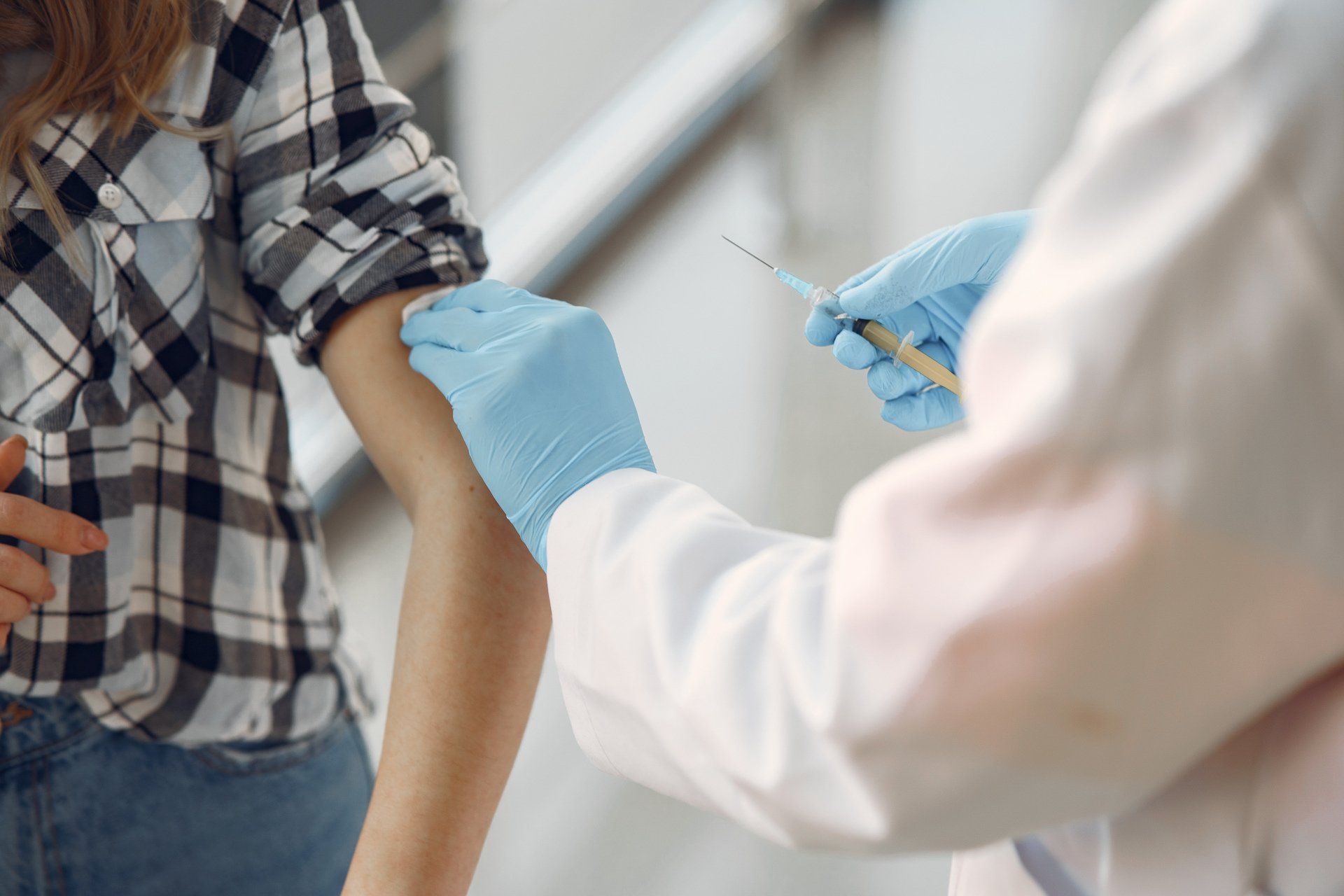Superannuation Guarantee
From 1 July 2021 to 1 July 2025, the Superannuation Guarantee will increase from 9.5% to 12% in 0.5% increments.
Under Australia’s Superannuation Guarantee laws, employers are normally required to pay the equivalent of 10% of ordinary time earnings in FY2021/22.
Because of a concern that this will still leave many retirees too reliant on the age pension, the Parliament legislated a gradual increase of the percentage to 12% by 2025.
Why the rise?
Increases in the super guarantee have been discussed and implemented for almost as long as compulsory super has been around. Back in 1995, just three years after compulsory superannuation was introduced, economists were already warning that super contributions at current rates were likely to leave employees with insufficient super for a comfortable, independent income by the time they retire. In recent years, it has been generally accepted by governments that the super guarantee would need to be raised to 12% in order to meet the basic needs of Australian retirees in the future.
The impact of these increases (which remain subject to a cap – the maximum super contribution) on an employer will depend on how its employment contracts are structured. Typically, contracts provide that an employee is either paid:
- a base salary plus super (Category 1); or
- a total remuneration package which includes super (Category 2).
Where a contract falls within Category 1, the employee’s take home pay will not be affected and the employer must pay the increased contribution because super is exclusive of the employee’s salary.
Where Category 2 applies, then it may be possible to absorb the increased contribution into the employee’s total remuneration with a consequential decrease in the employee’s base salary, provided that the employee is paid above the applicable minimum rate of pay under any award, enterprise agreement or the minimum wage. This is dependent on the wording of the contract either not disaggregating the salary and superannuation components of the total remuneration package, or providing that the components that currently make up the total remuneration package cannot change.
An employer cannot unilaterally change an employee’s contract from one arrangement to the other.
Sources
https://www.industrysuper.com/understand-super/super-guarantee-calculator/super-guarantee-changes/
https://www.maddocks.com.au/insights/super-to-incrementally-increase-to-12-from-1-july-2021-are-you-prepared#:~:text=The%20Federal%20Government%20has%20recently,has%20been%20increased%20since%202014.


Proudly Australian owned and operated, AndersElite Professional Recruitment are experts in white collar recruitment services to the private and public sectors.
LINKS
GET IN TOUCH
We will get back to you as soon as possible.
Please try again later.
© Copyright 2021 | All Rights Reserved | Privacy Policy | Sitemap I Powered with 💛 by Shazamme
